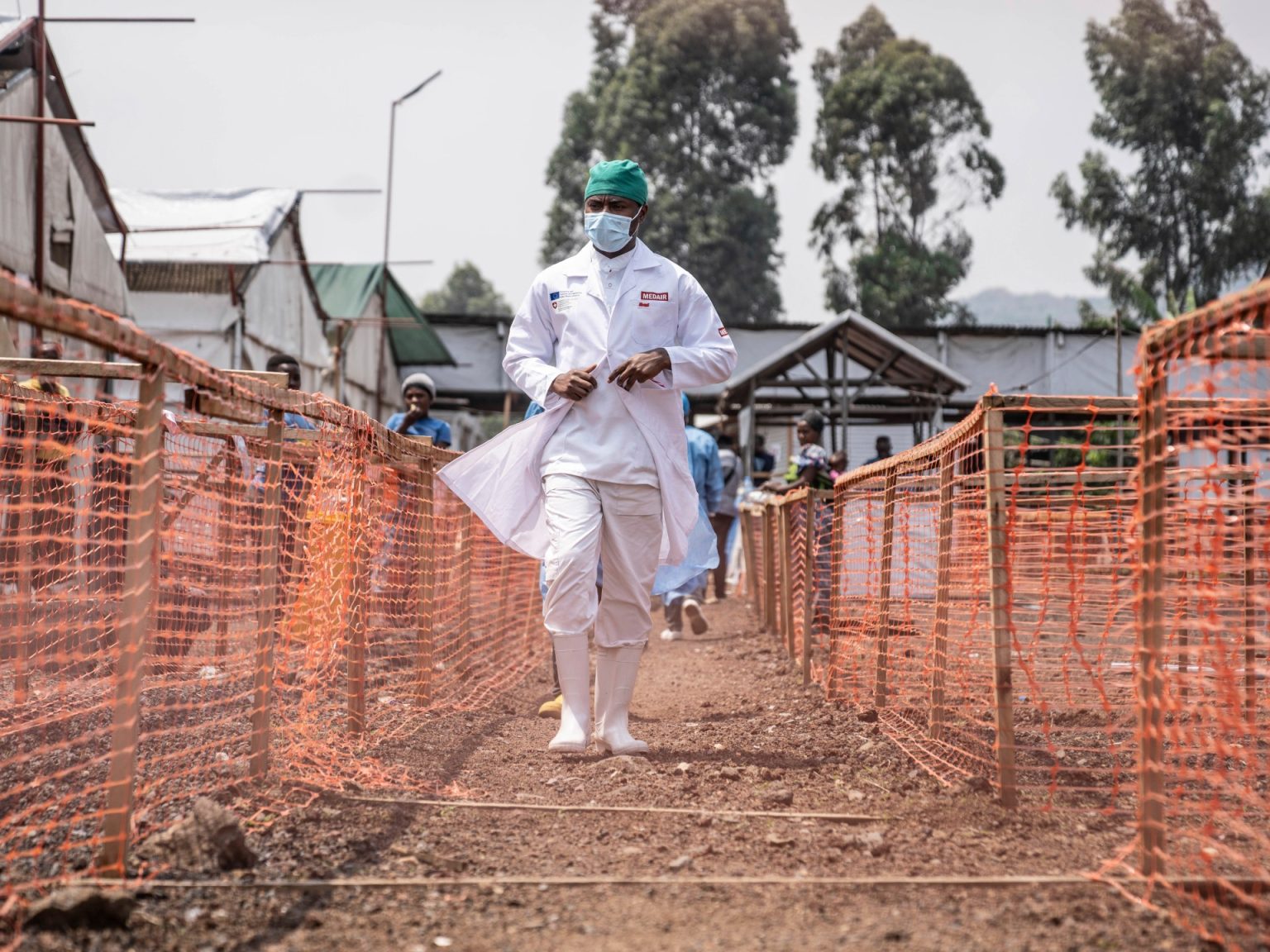According to the World Health Organization, more than 4.5 billion people worldwide lack adequate access to essential healthcare services. This is exacerbated by ongoing health crises such as the mpox outbreak, which has resulted in over 100,000 cases and at least 200 deaths globally. Additionally, the cholera outbreak in Sudan has affected nearly 15,000 people, with hundreds of deaths reported. The emergence of a new COVID-19 variant has further raised concerns, with infections reported in 27 countries. The global healthcare system is under strain, with antimicrobial resistance identified as a leading cause of death and climate change predicted to lead to an additional 14.5 million deaths by 2050.
Dr. Ahmed Ogwell, vice president of global health strategy at the United Nations Foundation, highlighted the current risk level for infections and diseases as moderate. He emphasized the need for heightened surveillance and collaboration among global health agencies to address the multiple ongoing health threats, including mpox, dengue fever, cholera, and COVID-19. The geopolitical landscape presents challenges to global health responses, hindering the coordinated efforts needed to combat these threats. Preparedness and unity are crucial to managing the current health risks effectively.
Despite the lessons that should have been learned from the COVID-19 pandemic, Dr. Ogwell noted that many of these lessons have not been implemented. The urgency seen in developing vaccines during the pandemic has not been maintained for subsequent outbreaks such as mpox and dengue fever. Policymakers have not shown the same level of commitment to addressing emerging health threats. The lack of implementation of pandemic preparedness measures, such as temperature screening at airports, highlights the gaps in global health response systems.
The spread of mpox remains a significant concern due to the ease of global transmission. Dr. Ogwell emphasized the importance of drawing on the lessons learned from previous outbreaks like Ebola and cholera to foster international solidarity and support in addressing health emergencies. The rapid spread of diseases across borders underscores the interconnected nature of global health and the necessity of coordinated responses to contain outbreaks effectively.
The complex geopolitical dynamics, including ongoing conflicts and humanitarian crises, have further complicated the state of global health. Fragile and conflict-affected regions serve as breeding grounds for new disease variants and drug-resistant superbugs. These environments present challenges to the wider global health system, potentially leading to the emergence of more dangerous pathogens. Climate change exacerbates these challenges by creating new environments conducive to the spread of diseases, as well as facilitating interactions between humans and previously isolated pathogens.
The lack of adequate access to essential healthcare services for 4.5 billion people worldwide is attributed to government underinvestment in the health sector and the commercialization of healthcare. Low levels of government investment result in limited access to quality healthcare for vulnerable populations. Additionally, the commodification of healthcare in certain regions has led to privatization of services, further marginalizing those who cannot afford medical treatment. Dr. Ogwell emphasized the need for government intervention to ensure that healthcare remains accessible to all, regardless of socio-economic status.


